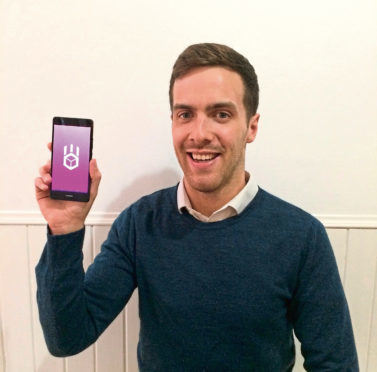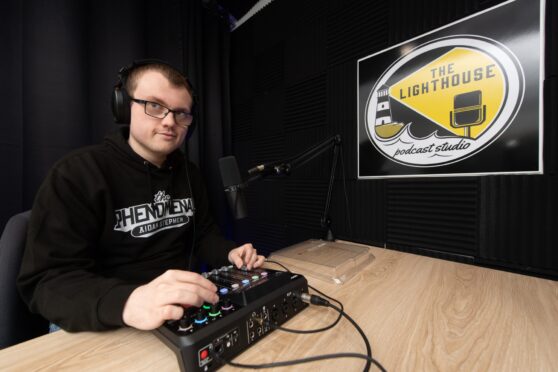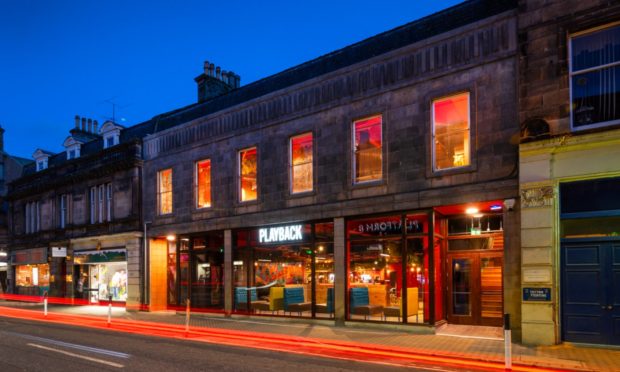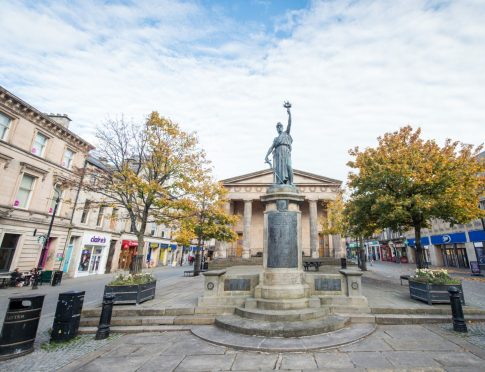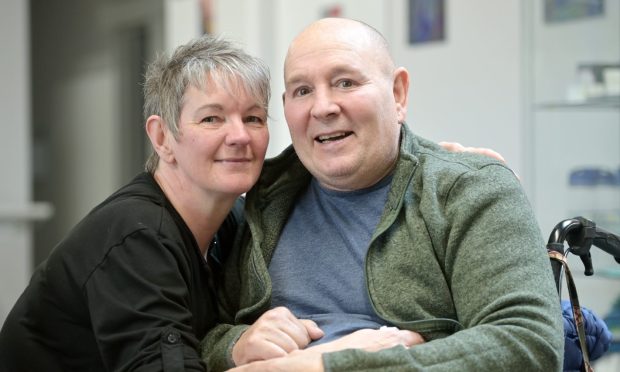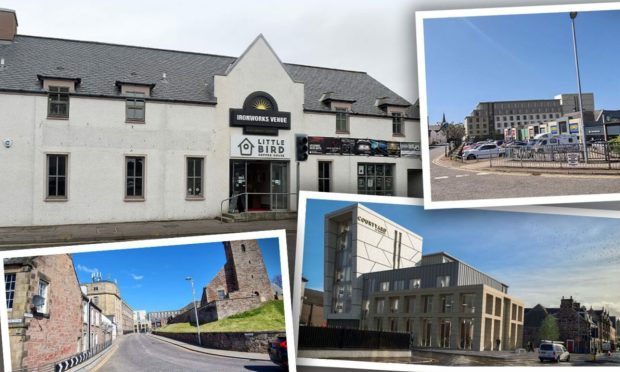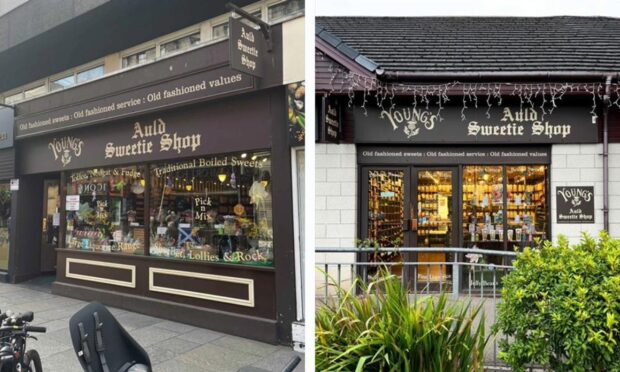An app developer from the Highlands has taken an innovative approach to his debut product, by featuring Gaelic, Doric and well-known Glaswegian phrases in the game.
Callum Morrison, who grew up in Mulbuie on the Black Isle and was born in Aberdeen, translated his Cubefall app from standard English as he felt Scotland has little representation digitally.
He said: “I’ve played hundreds of apps and games, but not one has featured Gaelic, never mind Doric or Glasgwegian patter.”
Mr Morrison, 24, hopes Cubefall will show budding young Scottish developers that apps can be created to cater to local audiences while having mass appeal.
The former Dingwall Academy pupil, who studied accountancy and finance at Robert Gordon University, continued: “Apps can look so polished and there are very few app developers in Scotland, so I think Scots think it’s really difficult – but it’s not.
“I hope other young people start taking it up so tech can grow in Scotland.”
The app was translated into Gaelic with the help of Mr Morrison’s Gaelic-fluent friend, Steven Kellow, from Dingwall.
“Finding new ways to use Gaelic is always to be welcomed and when it’s coupled with a fun and accessible game like Cubefall it’s all the better,” said Steven.
“I think it lends itself as a way of picking up some phrases in a more recreational context, so it checks both the fun and educational boxes.”
Mr Morrison said the Doric translations were tongue in cheek and often more fun than the original English phrases.
For example, ‘Please like and share Cubefall’ is translated into Doric as, ‘Mind tae tell abody aboot Cubefall.’
“My family, who are all originally from Aberdeen, helped me with the Doric, and hopefully it will give people a laugh, while many friends from Glasgow helped me with the Glesga patter,” he added.
